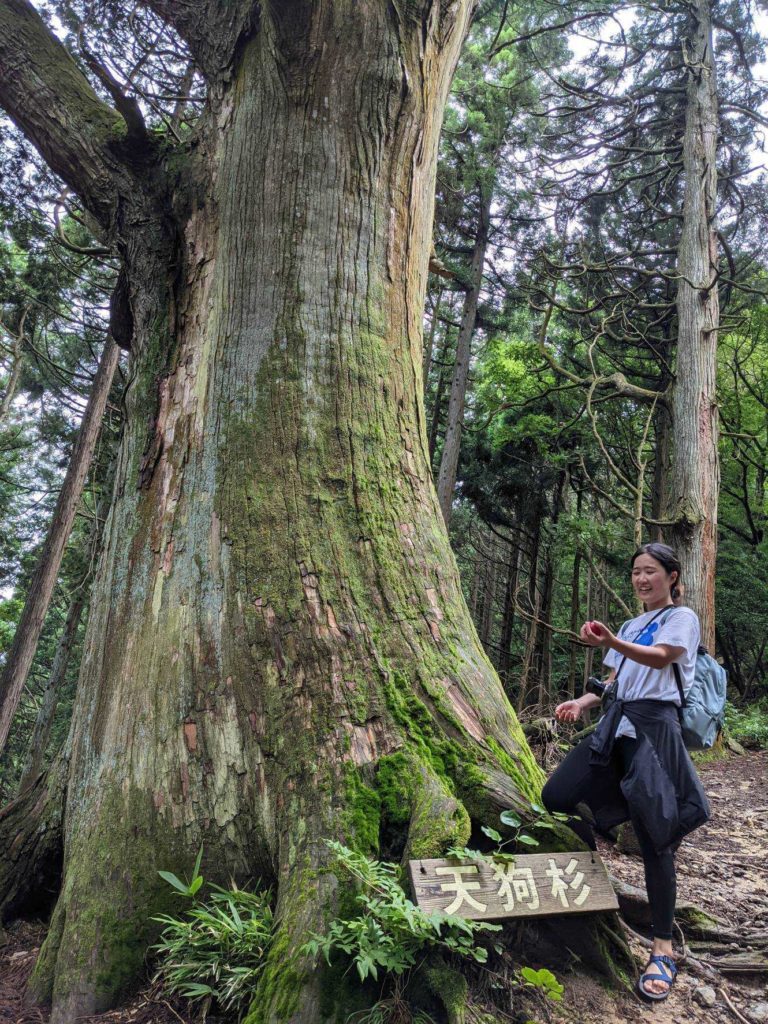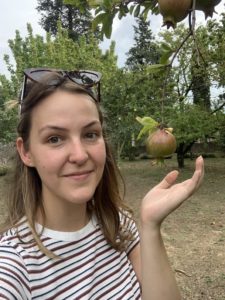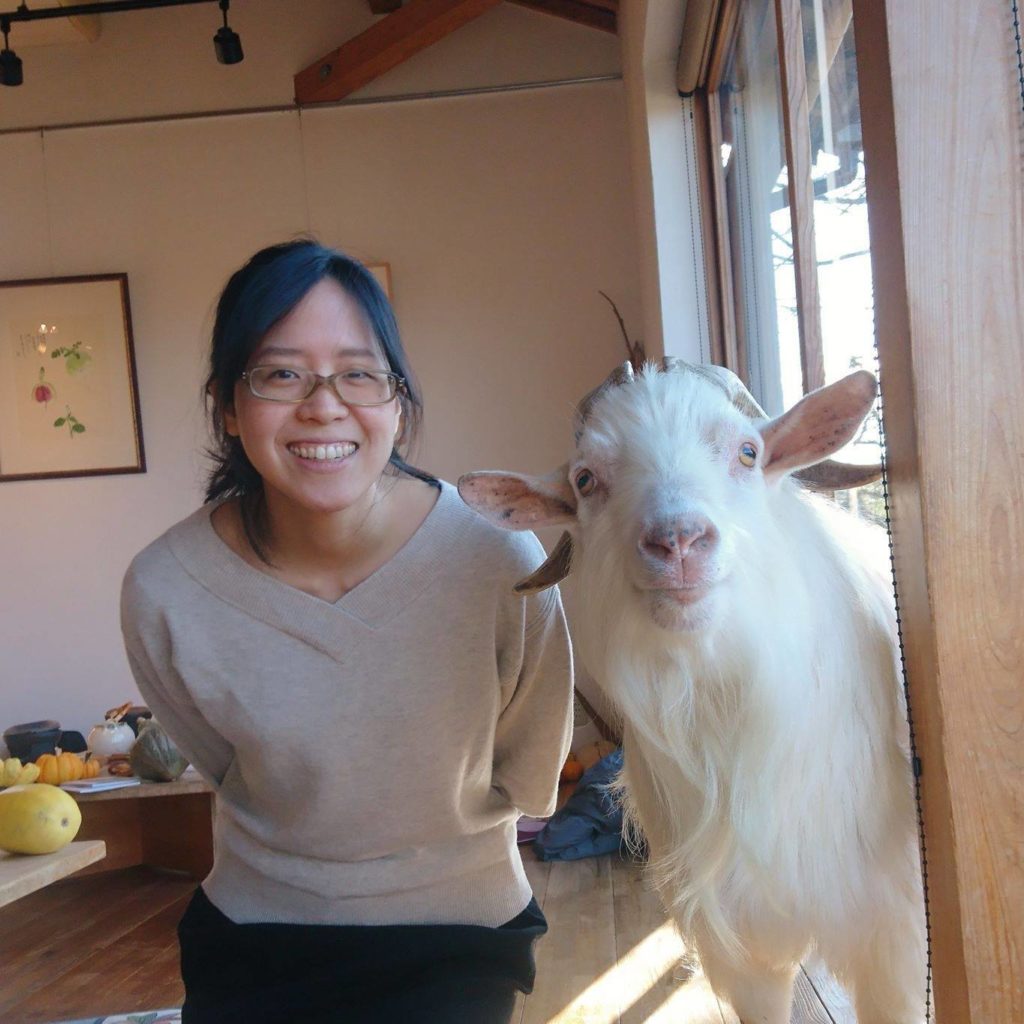Christoph D. D. Rupprecht
ルプレヒト クリストフ
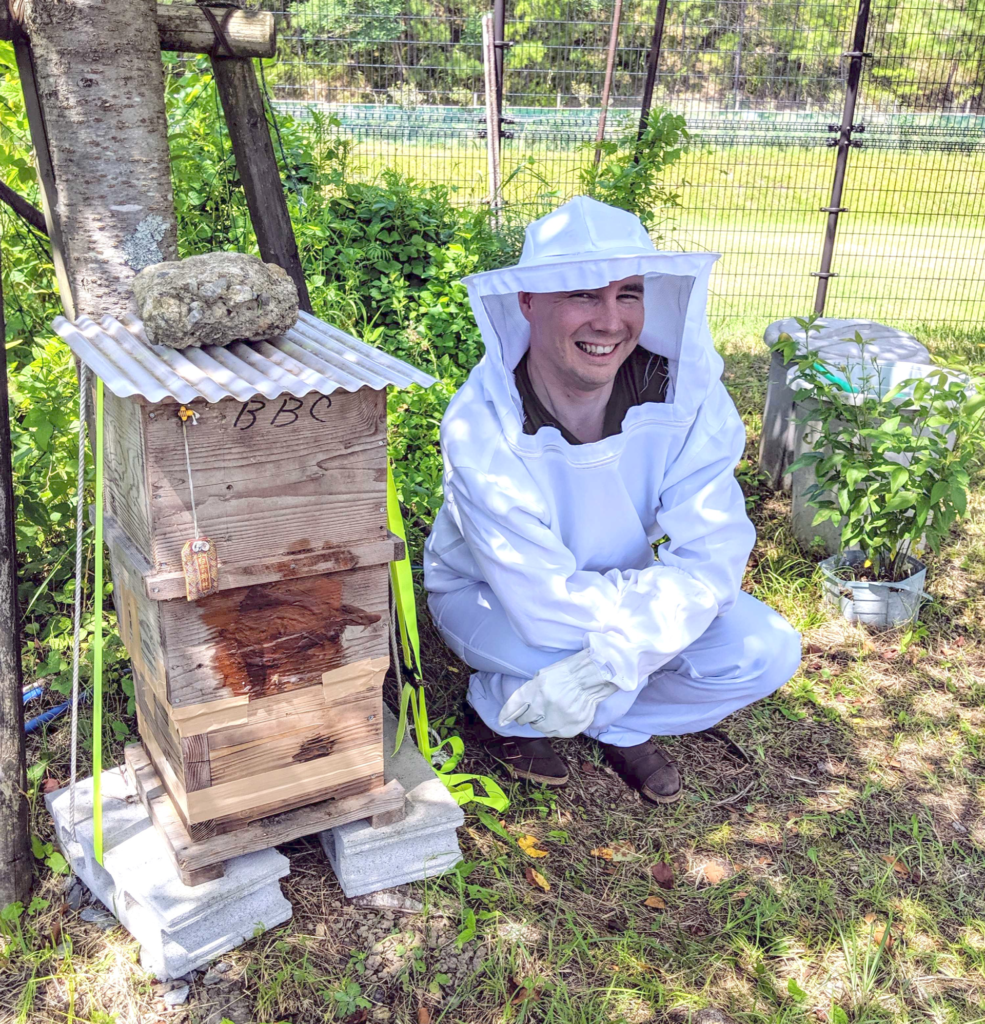
I am a geographer working on cities and sustainability theory from the perspectives of food, agriculture, green space, degrowth, solarpunk and multispecies/more-than-human thinking. An Associate Professor at the Department of Environmental Design, Faculty of Collaborative Regional Innovation (as well as the Graduate School of Humanities and Social Sciences, the Interdisciplinary Graduate School of Regional Resilience, and the Graduate School of Science and Engineering (affiliate)) at Ehime University, I’m also a founding member and Director at the non-profit organization FEAST. The Multispecies Sustainability Lab was founded in 2021 as part of my move to Ehime University from the Research Institute for Humanity and Nature.
You can find me at Ehime University (in Japanese), on Mastodon/Twitter, ResearchGate (including CV), Researchmap, and Google Scholar, or veeery seldomly uploading my hobby nature photography.
地理学者として、都市や持続可能性の理論について食と農、緑地、脱成長、ソーラーパンクやマルチスピーシーズの観点から研究を行っています。愛媛大学社会共創学部環境デザイン学科・准教授のほか、同大学の人文社会科学研究科教員、地域レジリエンス学環専任教員、理工学研究科連携教員(Dマル合)、一般社団法人FEASTの設立理事として活動しています。マルチスピーシーズ・サステナビリティ・ラボラトリーは2021年に総合地球環境学研究所から愛媛大学への移動のきっかけに設立されました。
より詳しくは愛媛大学のHP, Mastodon, ResearchGate, Researchmap, Google Scholar 、そしてめったに更新しない写真撮影HPをご覧ください!
Ehime University seminar / 愛媛大学・ルプレヒトゼミ
Every year, the lab is hosting several undergraduate students of Ehime University’s Department of Environmental Design. Learn about past research topics and how to join the lab.
ラボでは毎年愛媛大学社会共創学部環境デザイン学科から3-4人程度のゼミ生を受け入れます:過去の卒業研究やラボ・ゼミに入ることについて!
Members / メンバー
Debapriti Sengputa
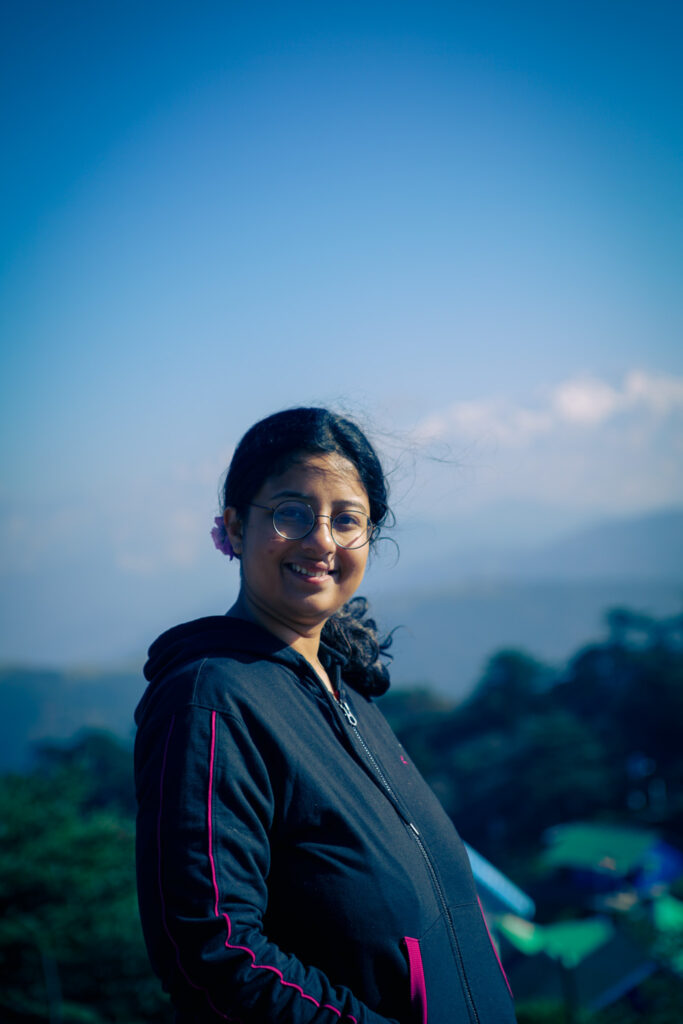
Debapriti Sengupta is a researcher with a speculative streak, diving into solarpunk fiction and its sunny entanglements with energy systems, environmental justice, and techno-utopian (or dystopian) dreams. Her work asks how stories—especially those sprouting solar panels, communal gardens, and a dash of weather hacking—help us imagine alternative energy futures and climate interventions across diverse geographies. Blending science and technology studies, energy humanities, and postcolonial theory, she explores how fiction can power more equitable, imaginative responses to the climate crisis.
A very proud Bengali, she believes strongly in the power of stories, good food, and principled stubbornness. When not theorizing about speculative infrastructure, she’s usually reading, writing, or being thoroughly distracted by dogs—especially the ones that aren’t hers.
Wang Yi
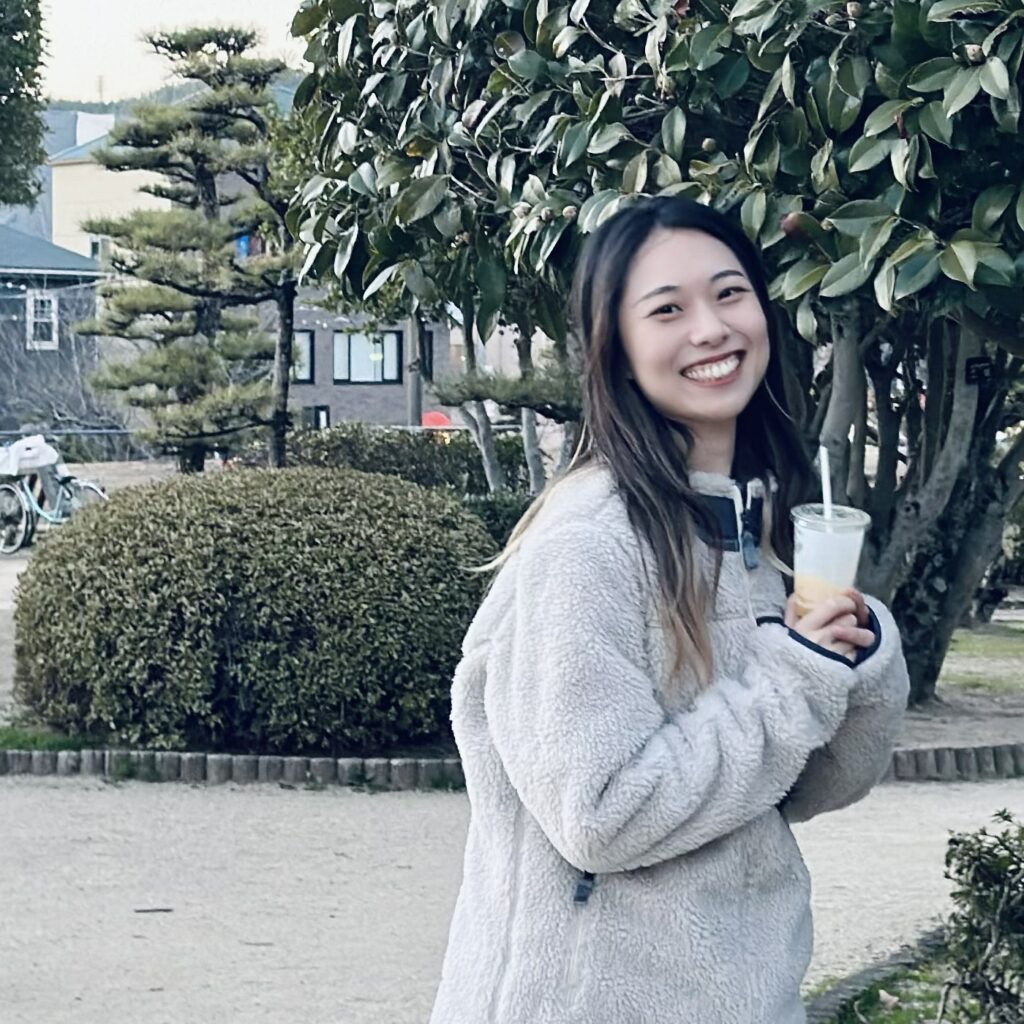
Wang Yi is a Ph.D. student at Ehime University, majoring in Civil and Environmental Engineering. She previously worked as a landscape designer with a focus on biophilic design and participated in a wide range of urban landscape projects in China, including residential developments, mixed-use commercial complexes, urban wetland parks, and suburban pollinator gardens.
Building on her practical experience and industry insights, she emphasizes the integration of theory and practice. Her current research is dedicated to advancing theoretical approaches and applying urban data analysis to support the development of biodiverse and vibrant urban green spaces — with a particular interest in informal green spaces.
Her research aims to contribute to the enhancement of urban green infrastructure, promote urban sustainability, and improve human well-being.
Swarnava Chaudhuri

Swarnava Chaudhuri lives somewhere between the margins and the gutters—of comic panels, that is. A researcher of graphic narratives, he traces how stories of care, community, and ecological imagination redraw our futures in ink and empathy. His research dives deep into solarpunk graphic narratives—lush, radical visions where compost bins matter as much as rebellion, and sustainability wears its heart on its sleeve. Through bodies, borders, and blooming gardens, his research follows the quiet rebellion of comics that resist erasure—panels that stitch together healing, solidarity, and slow-burning hope.
Born in Bengal, India—where stories steam like luchi (fluffy, deep-fried flatbread) on a Sunday—Swarnava is a music obsessive, sports lover, and a traveller who prefers wandering off-route. Somewhere off-frame, he’s editing a playlist or chasing the perfect photo he’ll never post. He’s convinced that the answers to life’s big questions lie somewhere between a long walk, a steaming plate of Bengali food, and a Studio Ghibli rewatch. When scribbling notes in the margins of a graphic novel or crying over anime endings, he’s asking what fiction can teach us about survival, community and care. He knows this bio won’t capture him. But then again, what story ever truly does?
Talandila Kasapila
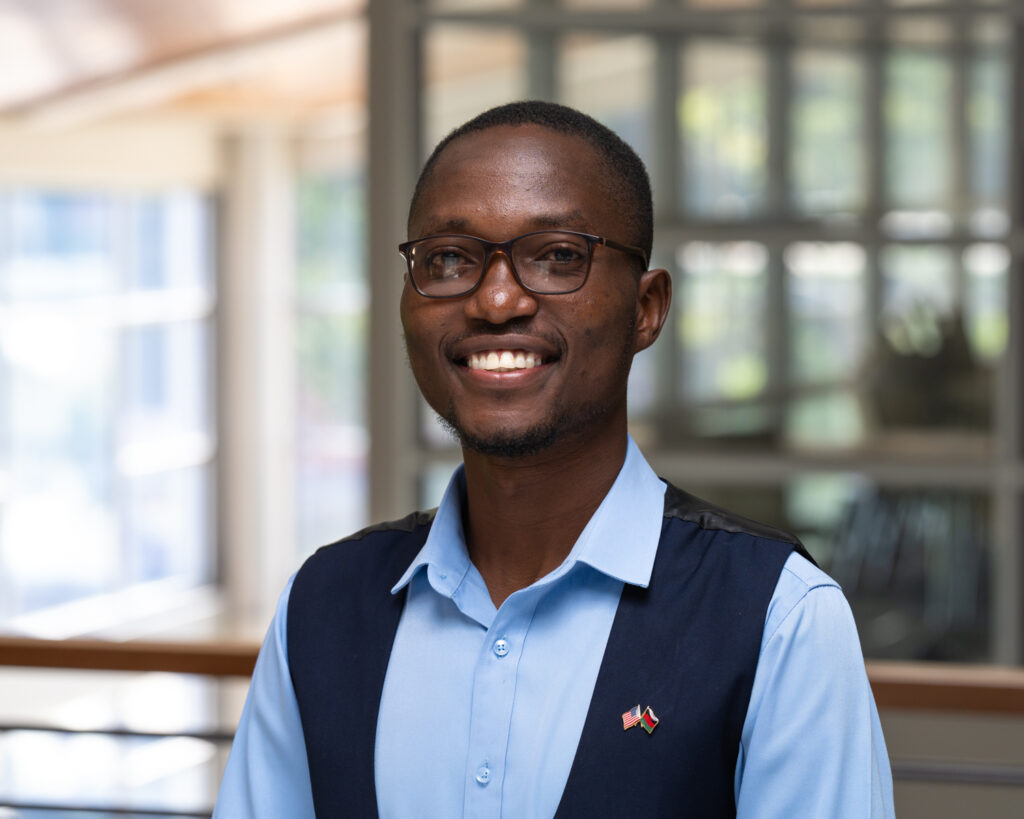
Talandila Kasapila is a conservationist and sustainability science enthusiast specializing in natural resource management, development, and poverty alleviation. An MSc candidate at Ehime University in Japan, Talandila also serves as Park Manager for Lake Malawi National Park.
His research focuses on re-balancing preservation and development at UNESCO World Heritage Sites, addressing value conflicts and sustainability dilemmas. Collaborating with stakeholders in Yakushima (Japan), and Lake Malawi National Park (Malawi), his work seeks to find innovative solutions for transformative multispecies sustainability at these natural heritage sites. You can find him on LinkedIn.
Wang Yanjiao

Wang Yanjiao is a recent college graduate and research student at Ehime University. During my college years, I participated in various projects at my school and completed numerous research projects on urban landscapes in China, including the renovation of commercial areas and the design and discussion of environmental welfare. I combined environmental design with its practical application. Research topics in landscape design I am interested in are urban street renovation and informal green spaces.
